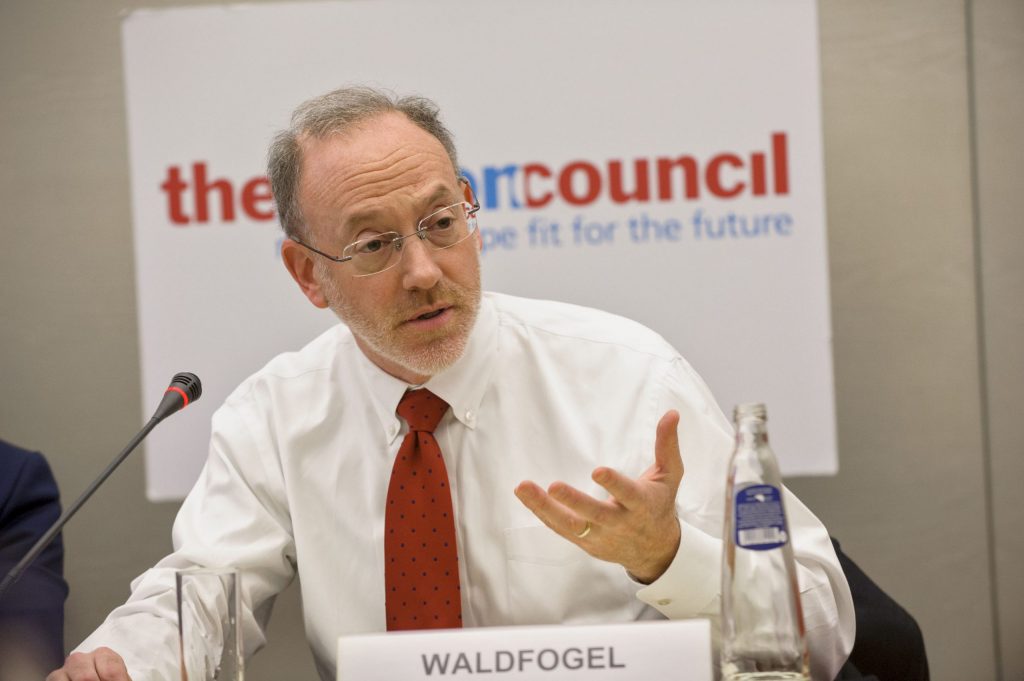November 2015
New Horizons for Creative Content and Cultural Goods

Innovation Economics brought together a multitude of top researchers and creative-economy experts for the High-Level Roundtable on Creative Content and Cultural Goods in the Age of the Internet. Joel Waldfogel, professor of applied economics, strategic management and entrepreneurship at the Carlson School of the University of Minnesota and one of the world’s leading experts on the economics of the content industry, presented new research on the impact of digitalisation – and the opportunities inherent in embracing an ambitious European Commission digital single market (DSM) initiative. Will Page, director of economics at Spotify, described the evolution of the music industry from piracy to streaming, and discussed the parameters and challenges of new business models. Luis Aguiar, research fellow at the Joint Research Centre in the European Commission, presented new findings on the impact of the DSM strategy for economic wellbeing. Maximilian Strotmann, member of cabinet of European Commission Vice-President Andrus Ansip, served as discussant.